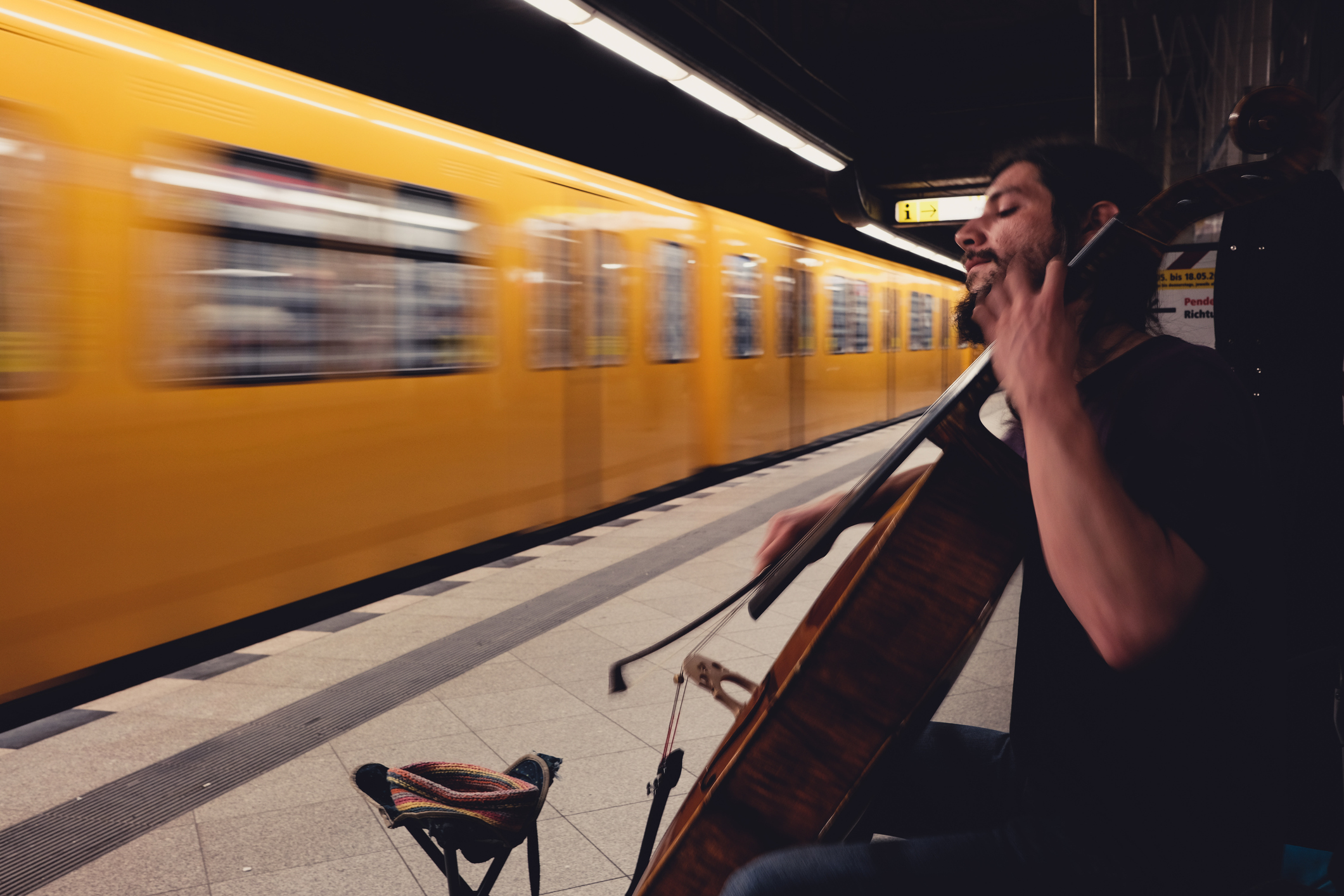Ever since primary school I can remember feeling some kind of awe tinged with a bit of envy for my peers when they could tell me what they would be when they grew up. How could these confident kids already envision their distant futures fighting fires, piloting army helicopters or walking on other planets?
As my youth unfolded, I patiently waited to join the ranks of my career-planning pals, but the more I discovered how endless are the beckoning realms of enchanting knowledge and exploration, the more my interests kept spreading wider, and thinner.
Generalists V specialists
By the time I was most of the way through university with no real change to this trend, I consoled myself with the thought that ours is a world that needs generalists just as much as these specialists who were beginning to outnumber me by frightening proportions in my midst.
I became a ‘jack of all trades and master of none,’ working in TV and cinema and music. I was a freelancer for years, always dumped back at the starting blocks after playing various roles in many projects. Such is the fate of one without a specific calling.
But a calling came, calling, as it were, when I met the woman who became my wife. In stark contrast to my odd-jobs career, Ana-Maria Vera answered not just a calling, but, perhaps a destiny. At age eight she was performing solo piano with orchestras in Moscow, Tokyo, Buenos Aires and New York. At eleven she had a gold record, and at sixteen her face adorned a postage stamp in her father’s native Bolivia. Clearly we presented each other with exotic new perspectives and ideas.
Bolivia Clasica
In 2011, seven years after we married, my wandering spirit helped convince Ana-Maria to relocate to Bolivia for an adventure exotic to us both. It’s a beautiful, remote country where, as one of very few national heroes, she had unique power to inspire, influence and maybe add a tiny lift to a nation desperate to free up masses of trapped human potential.
True to my own style, there had been no original master plan or vision, but organically, in conjunction with Ana-Maria’s brother Armando, already teaching music in the Andes, our move became a project entitled Bolivia Clasica: a charitable school to teach young people excellence and confidence through music training and performance.
Desire to belong
Little did we realize at first what new realms of skill and effort this enterprise would require, but we were fuelled by a reckless spirit (mine) coupled with a passionate desire (hers) to serve a nation to which she belonged.
Ana-Maria grew from an introverted performer to an outspoken advocate, fund-raiser, organizer and negotiator. I adapted my liberal arts generalism to the job of Spanish communication, interviewing and filming locals and visitors as the story of a new movement began to unfold.
Connections, friends, colleagues around the world became nodes in a network whose concerted effort brought lights, camera, action and so very much sound to many rooms, halls and ears high in the Andes mountains. As we both turned our several different kinds of energy toward one, ever more focused yet evolving goal, we found each other, ourselves and our purpose anew.
Only four months after we landed with our five year-old daughter in La Paz, the first Bolivia Clasica international music festival was held, featuring wonderful musicians from both inside the country and around the world. The network that grew from that moment is still exploding. As in any modern life, our social health is central to managing all kinds of personal sustainability; in the case of this global network-based project that my wife and I share, it is also the very stuff of our day-to-day productivity.


